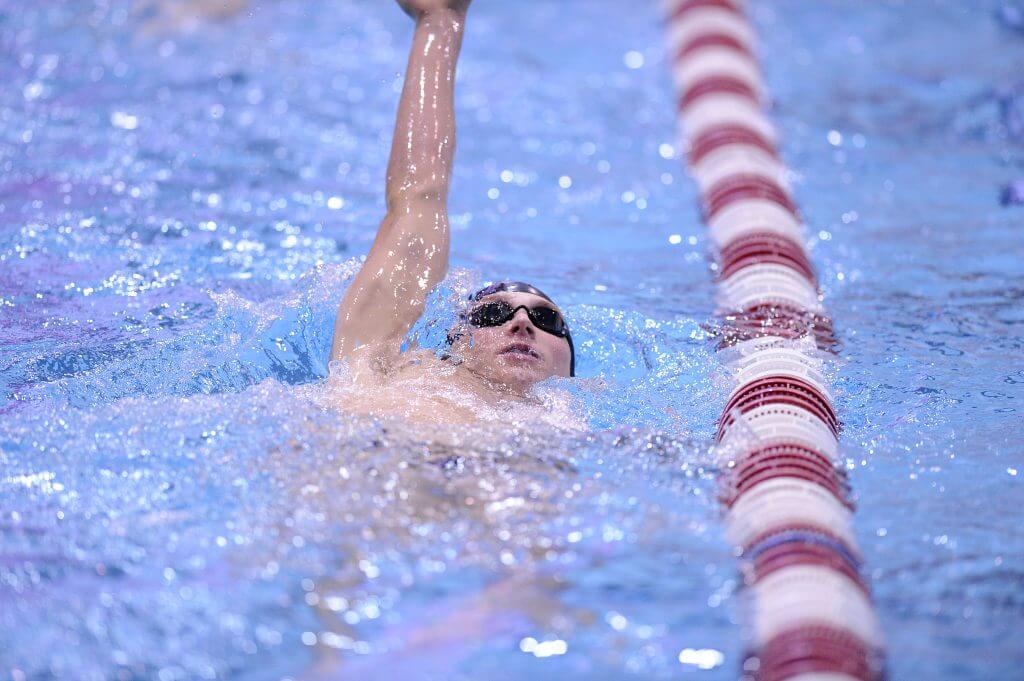4 Truths of Swimming Alone: A Unique Environment

4 Truths of Swimming Alone: A Major Change
Even though swimming on teams is typical, sometimes there are periods within a swimmer’s life where the athlete prefers to swim alone. Particularly for those who are used to having coaches and teammates around, the transition can be difficult. There are many benefits to spending time in the water by yourself. However, swimming alone can be difficult for many reasons. Here are four truths of swimming alone.
Freedom of Sets
Since you are the only one swimming, you get to dictate what the day’s work will be. If you aren’t feeling a sprint set, parts of sets can be changed around to more uniquely suit your training needs. There is a greater sense of control over your training. You can even pick training in the morning or at night based on your preference!
However, it can be hard to stay motivated. If you are in charge of the sets, it can be easy to lessen the difficulty. Having coaches dictate sets can help push athletes beyond their capabilities. Creating your own sets also requires more thought and preparation than just showing up to practice.
Just You and the Clock
Your only companion is the clock (if you even have it!) without teammates to race and to help motivate you. There are less distractions without racing, and the focus of the set is completely on time. The clock will be your coach telling you that you have more left. Without a clock, what you give to the set is solely based on what you feel you can give. It can be both empowering and difficult.
Without teammates and coaches, it can be hard to find motivation at the hard parts. It can also be less fun without having the excitement of racing other people. There isn’t a training partner to motivate you, just yourself and your times.
Personal Headspace
One nice part of swimming alone is the silence. Without conversations and sets being read aloud, there is a lot of time spent within your own head. There is the saying that swimming is the sport that is most within your head, especially on sets with little rest. However, when you swim alone, you don’t get the small interactions before and after practice and between sets.
The time spent within your own head can be nice. It can be space to reflect upon the day and the set. There can also be an appreciation for swimming without the motivation of competition. Swimming can be enjoyable without a goal, just enjoying working hard and being in the water.
Personal headspace, though, can get lonely. There can be a sense of boredom without others around, especially if your mood or mental state isn’t in the best place. Swimming alone can also feel tiring. Mentally motivating yourself can feel draining instead of invigorating.
Relaxed Vibe
I love swimming alone during chaotic days. Having a nice swim to look forward to in the middle or end of the day as a break to spend time with yourself can be rewarding. It feels nice to spend time taking care of yourself before going out to continue working the rest of the day, or as a way to start relaxing at the end of your day. Swims like this remind you that swimming is an act of taking care of yourself, and not just another task or job. However, it can be difficult for swimmers who crave an energetic environment as a way to relax at the end of the day.
What are some of your favorite parts of swimming alone? Let us know in the comments below!




I love my 1 hour of very personal meditation. No downside for me.